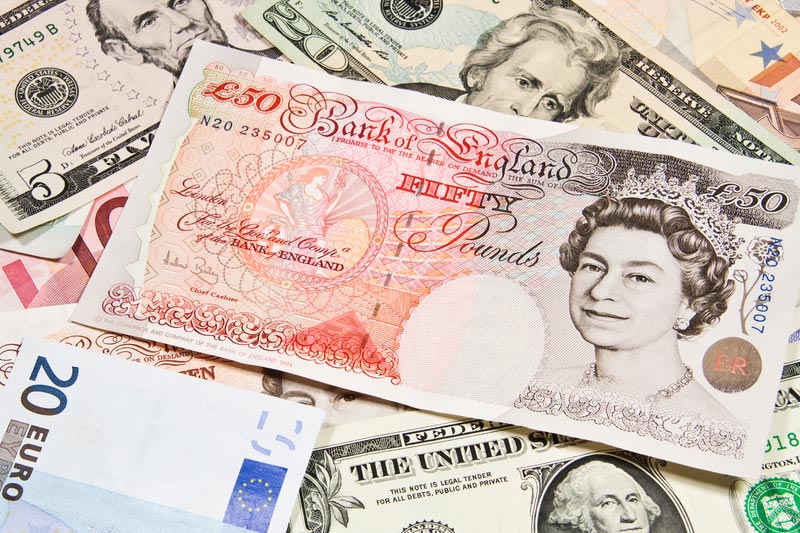Investing.com - The pound slipped to fresh session lows against the dollar on Tuesday after data showed that the pace of the recovery in the U.K. manufacturing sector slowed unexpectedly in March, but growth remained robust.
GBP/USD touched session lows of 1.6628 and was last down 0.20% to 1.6629.
Cable was likely to find support at 1.6600 and resistance at 1.6682, Monday’s high and a more than two-week high.
The drop in the pound came after Markit said that its U.K. manufacturing purchasing managers’ index fell to an eight-month low of 55.3 last month from a downwardly revised 56.2 in February. Analysts had expected the manufacturing index to tick up to 56.7.
The decline was due to slower rates of increase for output and new business. New export orders weakened further, with the March report signaling the slowest pace of growth for ten months.
The report noted that the reading was likely to disappoint markets, but said it should be should be seen in the context of near record growth rates seen in the second half of last year.
"Growth is merely hot rather than scorching, and the take-home messages from the March survey are that the recovery remains solid and continues to drive strong job creation," said Rob Dobson, senior economist at Markit.
Employment in the sector increased for the eleventh consecutive month in March, with the rate of jobs growth staying close to February’s near three-year high.
The report also noted that price pressures continued to ease, as input costs fell and selling price inflation slowed to a seven-month low.
Sterling also fell to session lows against the euro, with EUR/GBP rising 0.36% to 0.8293.
The euro’s gains looked likely to be held in check after data on Monday showed that the annual rate of euro zone inflation slowed to 0.5% in March, the lowest since November 2009. The weak data added to pressure on the European Central Bank to implement fresh policy measures to stave off the threat of deflation in the region.
Data on Tuesday showed that the euro zone unemployment rate was 11.9% in February, compared to expectations for 12.0%.
